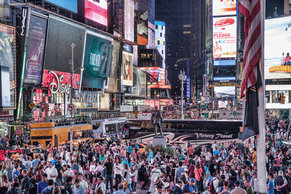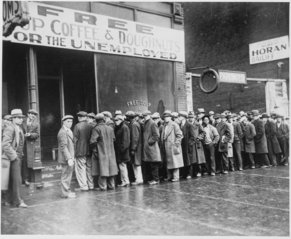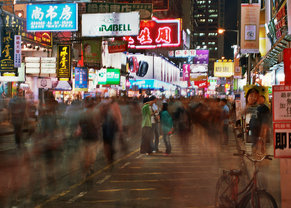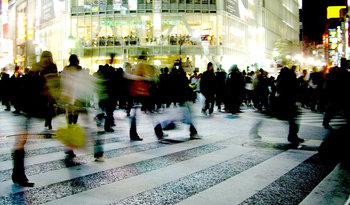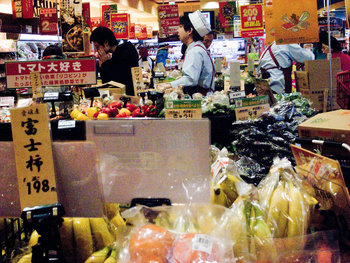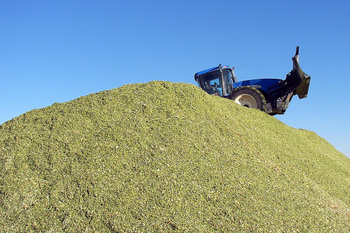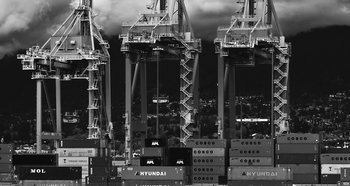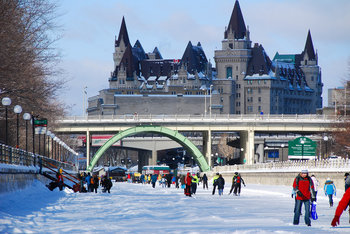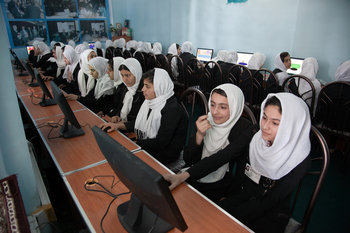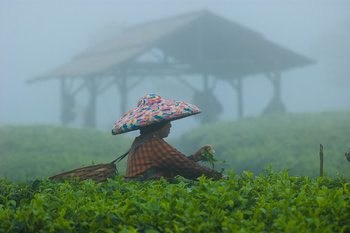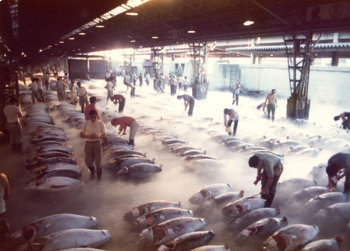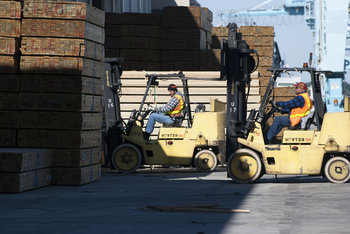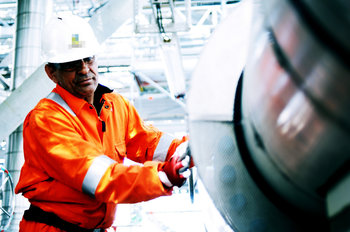
Gross National Income Per Capita
A high per capita income calculated as the economic output of a nation divided by its population. It should be noted that in some countries this number is heavily influenced by a small number of individuals who hold significant wealth.Health
Access to modern healthcare. Often measured with average life expectancy and under-five mortality rates.Education
Access to Education. Often measured as the percentage of the population who complete a minimum number of years of school.Industrialization
An industrialized nation is a country with a large manufacturing sector. Historically, development and industrialization where virtually synonymous.Service Economy
The service economy is a nation's output of services. For example, travel, restaurants, software and business services. Developed nations are experiencing a shift whereby services are increasing important to economic output.Knowledge Economy
The knowledge economy is the development of valuable knowledge such as processes, procedures, methods, designs, formulations and software. This includes creative outputs such as an advertising campaign that generates feelings for a brand. It is possible that highly developed nations of the future will mostly shift to a services and knowledge economy and industrial production will be viewed as a smaller part of the world's economic output.Infrastructure
Soft infrastructure such as public institutions and hard infrastructure such as a bridge. Infrastructure makes a nation more productive, efficient, stable and attractive to labor and capital. As such, it is one of the primary advantages that highly developed nations have over developing countries.Stability
Another condition for economic prosperity is political, economic and social stability. This includes physical and information security such that people feel they live in a safe place. Economic security such as a public healthcare and pension system shelters people and gives them room to pursue the knowledge and experimentation required to innovate.Quality of Life
As the world becomes more economically prosperous, competition between nations is shifting towards the happiness of people. All else being equal, a nation with clean air is considered more developed than a nation with polluted air. This is usually captured as a measurement known as quality of life that is based on asking a population if they are happy. Quality of life is an economic advantage in a knowledge economy where global competition for talent can be intense. In many cases, talented individuals will avoid work in a polluted, dangerous, unsightly or uninteresting city.Notes
Current examples of highly developed countries include Norway, Australia, Switzerland, Germany, Singapore, Canada, Netherlands, Denmark, Hong Kong, Sweden, United States, Ireland, United Kingdom, New Zealand, Japan, France, Italy, Belgium and South Korea.| Overview: Developed Country | ||
Type | ||
Definition | A nation that offers economic security and a high quality of life to its population. | |
Related Concepts | ||

